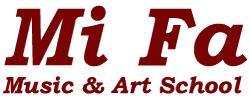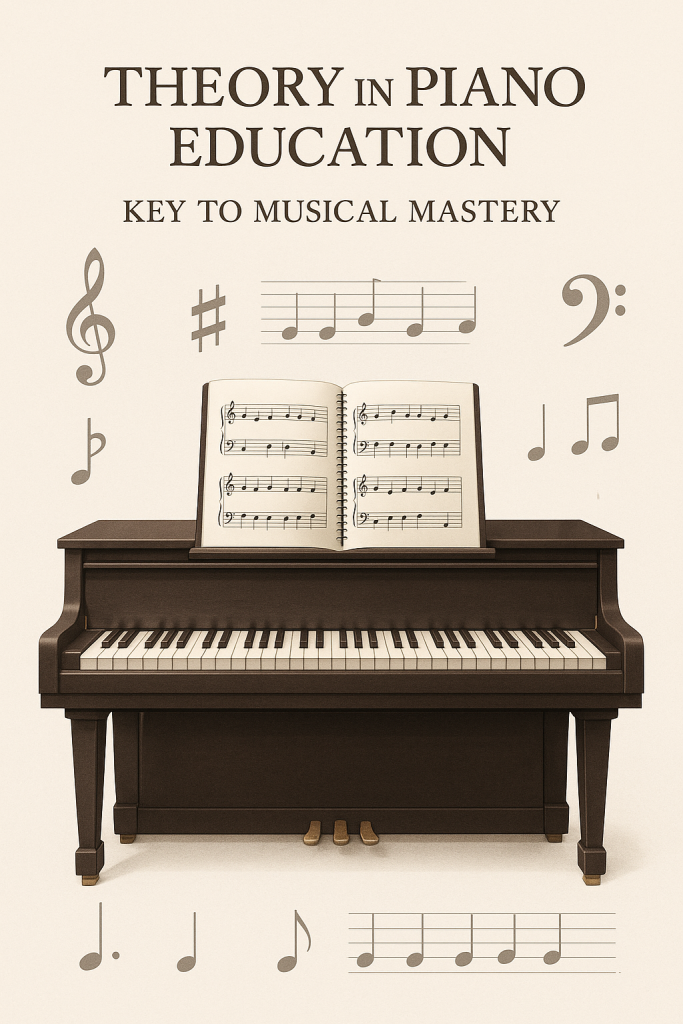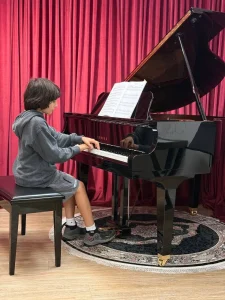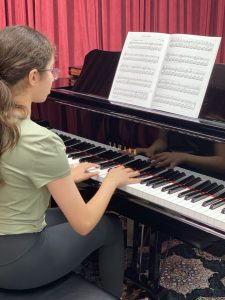Theory in Piano Education: Why It Matters and How to Master It
Music theory for piano is often overlooked, yet it’s the key to unlocking deeper musical understanding and expression. Whether you’re just starting out or aiming to advance, theory gives context to every note you play. It’s not just for exam-track students or aspiring composers—it’s the language that connects reading, improvisation, and performance. In this article, we’ll explore why theory in piano education is essential for students at all levels and how to learn it in practical, engaging, and effective ways that directly enhance your playing.
Why Music Theory Matters in Piano Education
Understanding music theory provides more than just academic knowledge—it builds fluency. You begin to see how chords connect, why scales matter, and how rhythm fits into the bigger picture. According to Liberty Park Music why we choose this school?and other leading experts, integrating theory early boosts sight-reading, improvisation, and interpretation.
Key Benefits of Music Theory:
- Enhances memory retention through musical patterns
- Develops stronger rhythm and pitch recognition
- Enables faster learning of new repertoire
- Builds analytical skills for interpreting complex music
A great piano class in North Vancouver includes a strong foundation in music theory—ensuring students not only play, but understand what they play.
Theory for Beginners: Where to Start
Many students feel intimidated by terms like “cadence,” “interval,” or “modulation,” but the key is breaking theory into digestible pieces. Start with these foundational areas:
- The musical alphabet and note values
- Time signatures and rhythm counting
- Basic scales and key signatures
- Chord building (triads, 7ths)
Pro Tip: Use flashcards and digital theory apps like Tenuto or musictheory.net to reinforce terminology and train your ear.
How Sheet Music Reading Connects to Theory
Learning to read sheet music is often a student’s first encounter with theory in piano education. Knowing where notes fall on the staff is only the beginning—true fluency comes from understanding what the notes are doing. Is that line outlining a scale? A broken chord? A modulation?
Knowing theory allows you to:
- Anticipate harmonic progressions
- Recognize recurring motifs and patterns
- Sight-read more confidently with contextual understanding
Fun & Practical Techniques to Learn Music Theory
Here are unique and experience-based strategies to make theory stick—without the boredom:
1. Play What You Learn
If you’re studying a new chord or scale, play it in all octaves. Compose a short melody using it. Link theory to physical movement on the keyboard.
2. Color-Code Your Scores
Highlight different functions (like tonic, dominant, etc.) in colors. This visual approach helps reinforce harmonic functions.
3. Use Mnemonics & Stories
Teaching kids about treble clefs? “Every Good Boy Deserves Fudge” still works—but create personalized stories for deeper learning.
4. Group Learning and Games
Theory bingo, flashcard races, and “guess the chord” games are great in group classes. Even adult learners enjoy competitive engagement.
Integrating Music Theory Into the Daily Piano Practice Routine
Make theory an organic part of practice time, not a separate subject. For example:
- Analyze a new piece before playing
- Write out the chord progressions
- Transpose a melody to another key
- Clap rhythms before sight-reading
Small steps like these ensure that theory becomes second nature.
The Role of Your Piano Teacher in Theory Education
Your piano teacher isn’t just there to fix fingering—they’re your translator of musical language. A good instructor:
- Connects theory concepts to your repertoire
- Reinforces ideas through technique drills
- Prepares you for theory components of exams (like RCM or ABRSM)
Ask your teacher to explain the “why” behind the notes—it makes learning more purposeful and fun.
Conclusion: The Theory-Performance Connection
Learning theory doesn’t mean less time at the piano—it means smarter practice and better performance. Whether you’re preparing for exams or just want to deepen your musical understanding, theory provides the roadmap. It’s how great musicians think, analyze, and express.
Want to make faster progress and play more confidently? Embrace theory as an essential part of your piano journey.
Frequently Asked Questions About Music Theory in Piano Education
· Why is music theory important for piano?
Theory helps pianists understand what they are playing, enabling better interpretation and creativity.
· When should I start learning music theory?
As early as possible. Even beginners benefit from basic concepts like note names and rhythm.
· How do I learn to read sheet music?
Start with note recognition and simple rhythms, then progress to reading full pieces while applying theory knowledge.
· Do I need theory to pass the RCM piano exam?
Yes, RCM exams include theory components at various levels, and it’s essential for success.
· Is theory only for classical piano players?
No, theory supports all styles—jazz, pop, classical—by improving musical fluency.
· Can I learn theory without a teacher?
Yes, but guidance helps. Apps, books, and formal classes offer strong support systems.





